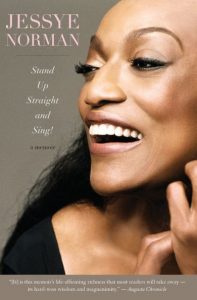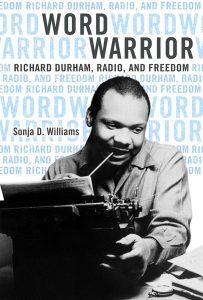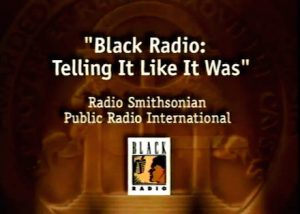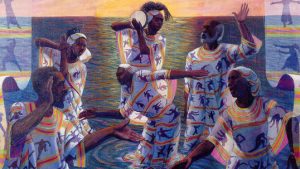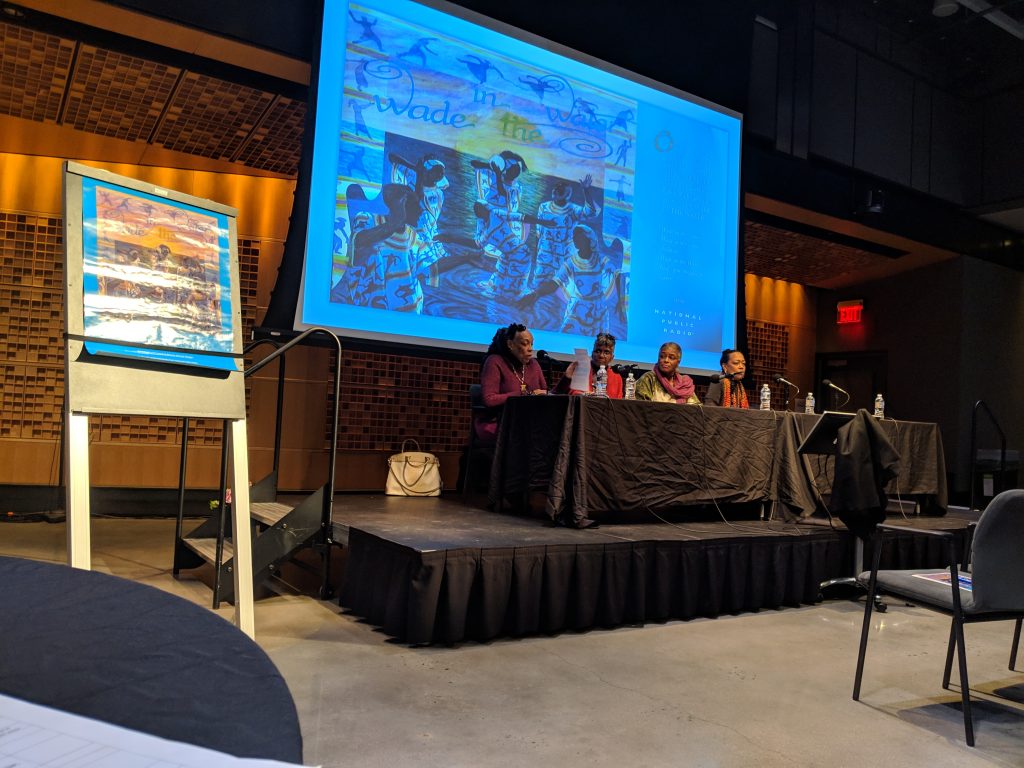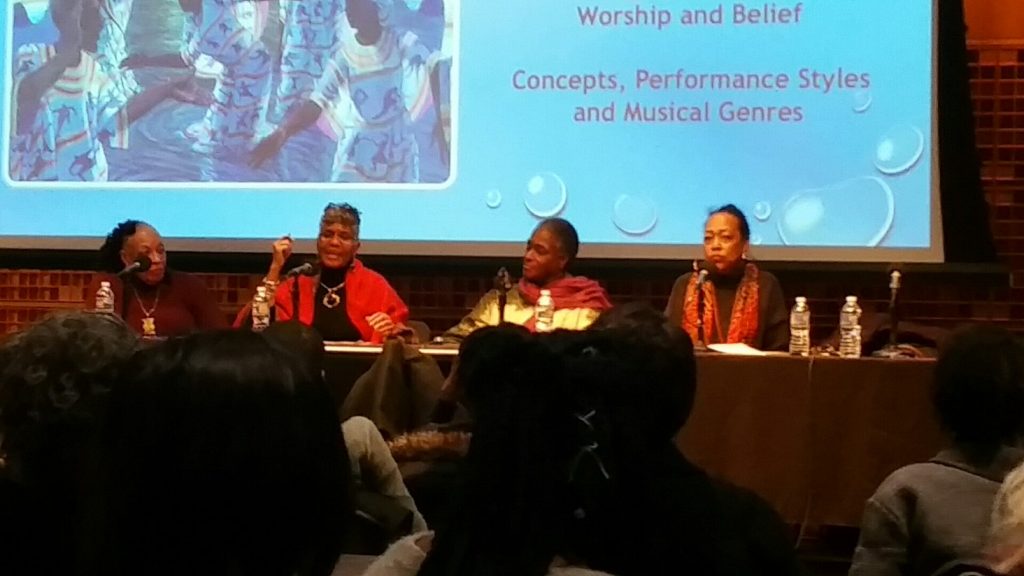
Wade in the Water is a 26-part series, originally released in 1994, that celebrates African American sacred music and traditions.
Twenty-five year ago, when Wade in the Water: African American Sacred Music Traditions first aired on NPR member stations, the world was different. Many of the voices featured in the series were alive, and were generous with their support.
Today, some of those voices have been stilled. But this series, documenting African American sacred music traditions spanning more than 200 years, remains vital because of them.
Wade was an experiment in recording music and musical events, amassing scholarship and conducting interviews in order to make all of those elements accessible to a wider audience. As a first-time partnership between NPR and the Smithsonian Institution, it featured a wide range of styles and subcultures and documented the cultural impact of music on real lives and diverse communities.
Over a five-year production period, Wade was guided by the steady hand, artistic integrity and groundbreaking scholarship of Dr. Bernice Johnson Reagon — historian, musician, MacArthur “genius” and the series’ creator and narrator. And all of us on Wade’s production team brought our personal and professional best to the series, trekking throughout the country to gather relevant material.

We traveled to small towns in Georgia and Alabama and big cities like Chicago and Los Angeles to record baptismal and congregational services, and to hear touching individual stories about the power of faith and communal singing. We walked through the hallowed halls of Fisk University, birthplace of the concert spiritual, to learn more about the enduring legacy that the Fisk Jubilee Singers left the world.
And we interviewed gospel music royalty: Walter and Edwin Hawkins, Pop and Mavis Staples, Marvin and CeCe Winans shared insights about what inspired them to write, perform and even confront some criticisms of their popular contemporary sacred songs.
All the while, we dove into archives and personal music collections nationwide to find original recordings and needed firsthand documentation.
To say that we all were transformed in the process is an understatement. Some things we learned along the way:
- How to negotiate sacred rituals in worship spaces, rehearsal and concert halls, private homes, studios and elsewhere
- How to respect individuals so that their experiences could be validated and celebrated
- How to successfully navigate production demands, institutional constraints, cultural norms and audience expectations
In turn, here’s what we’ve tried to provide to you:
- A fundamental understanding of the depth and breadth of African American sacred music, history and culture
- A recognition of and platform for people long silent and stories untold
- An appreciation for racial and cultural differences to combat hatred and intolerance
We submit that every Wade program is unique, offering its own set of life-expanding worldviews, and that anyone who truly listens or (re-listens) to Wade will be changed. Please enjoy this life-affirming and joyous music series during its 25th anniversary year.
Judi Moore Latta & Sonja Williams
Wade in the Water’s Core Production Team
- Bernice Johnson Reagon, Series Conceptual Producer/Narrator
- Peter Pennekamp, Former NPR VP of Cultural Programming
- Sandra Rattley, Executive Producer
- Renee Pringle, Technical Director
- Judi Moore Latta, Senior Producer
- Sonja Williams, Associate Producer
- Beverly Oliver, Research Associate
- Joseph Gill, Production Assistant
- TaJuan Mercer, Production Assistant
- Dackeyia Simmons Sterling, Production Assistant
